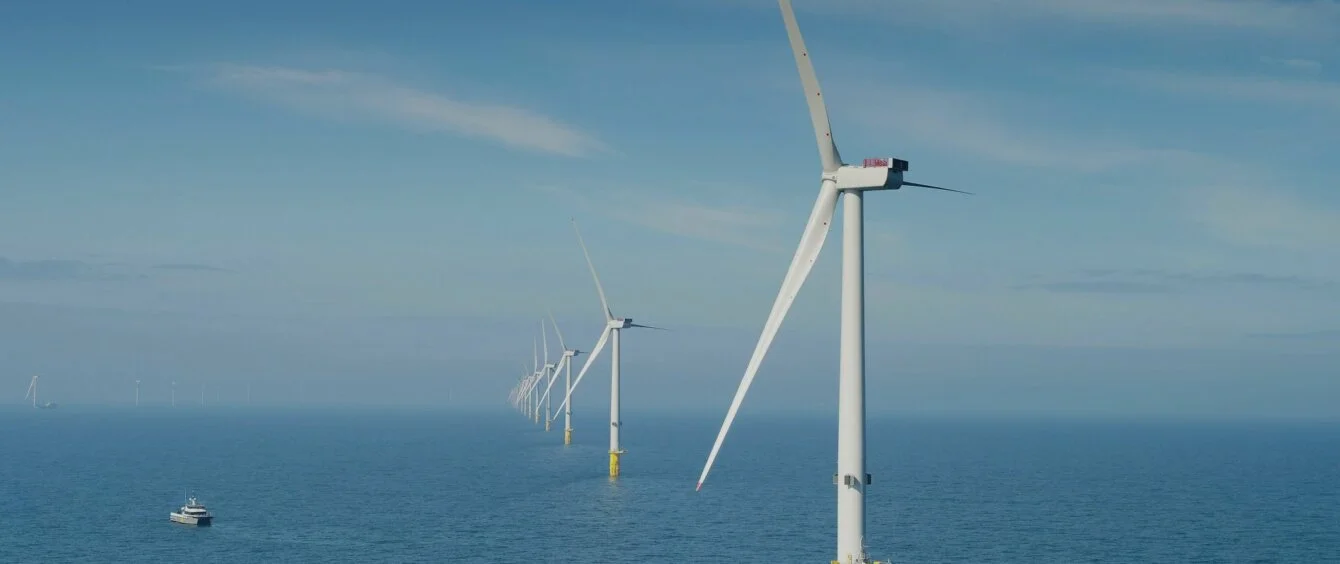Expansion of offshore wind is pivotal to the success of the EU’s plans to create a carbon-neutral electricity supply system. Wind turbines with an aggregate capacity of 340 gigawatts (GW) are to be installed off European coasts to this end. To achieve this goal and drive the expansion of grid infrastructure at sea, nations bordering on the North Sea united in 2016 to form the North Seas Energy Cooperation (NSEC).
The United Kingdom was an NSEC member state until 2020. However, Brexit resulted in the country exiting the alliance. The stage was recently set for continued collaboration. At the end of 2022, the NSEC members Germany, Belgium, Denmark, France, Ireland, Luxembourg, the Netherlands, Norway, Sweden and the European Commission agreed with the United Kingdom to create a new framework for teaming up in the offshore wind sector. This culminated in their signing a joint letter of intent in late December.
Collaboration has huge benefits
This strengthens the Energy Cooperation, which was originally established to ensure a sustainable, reliable and cost-effective energy supply system for the North Sea nations. In addition, the nine member states agreed as early as September 2022 to install at least 260 GW in offshore wind capacity by 2050. This represents more than 75 percent of all capacity foreseen for the entire EU.
This cross-border collaboration provides several commercial advantages. The green electricity it generates can be distributed better among internationally networked wind farms. Moreover, the projects deliver financial benefits including lower grid connection costs.
Future British offshore cooperation
The letter of intent also reinforces measures jointly taken by the United Kingdom and the European Union. Above all, the collaboration will entail technical and expert dialogue as well as information and practice sharing.
The letter thus creates a framework for joining forces in the future, which may differ from the NSEC’s work, but will definitely complement it. Although the letter of intent will not result in the United Kingdom resuming membership of the NSEC, the UK will reap the benefits of the Energy Cooperation.
Good conditions off the British coast
The German Economics Ministry is convinced that resumption of collaboration in the offshore sector is an encouraging development, as it lays the groundwork for very hands-on engineering of offshore wind projects which bolster the green electricity supply system. Plans include shared offshore wind farms, cross-border powerlines known as interconnectors, and marine production of green hydrogen.
As the United Kingdom is in a different weather zone than the German North Sea, it has particularly good conditions for offshore wind – floating offshore included. Furthermore, it possesses the requisite framework conditions such as the financial support and subsidisation of the technology. Among the beneficiaries are numerous German companies including RWE. The industrial group operates large-scale wind farms off the coast of England, e.g. Sofia (1.4 GW) and Triton Knoll (857 megawatts (MW)).
